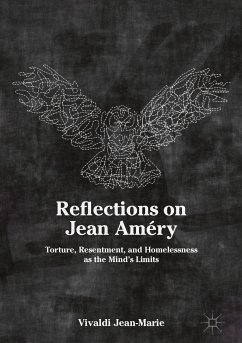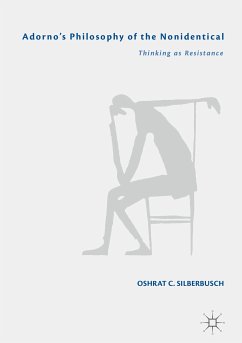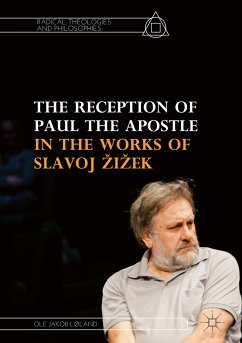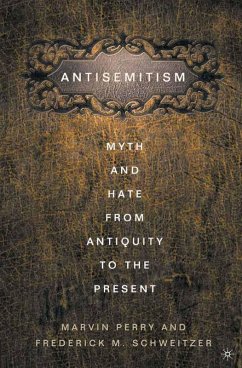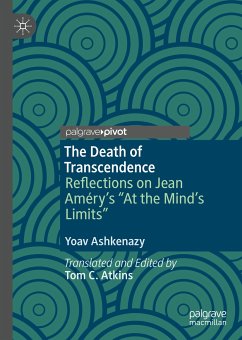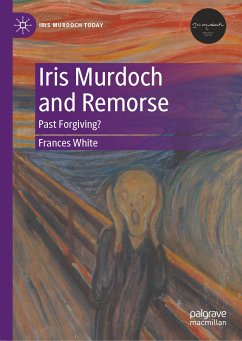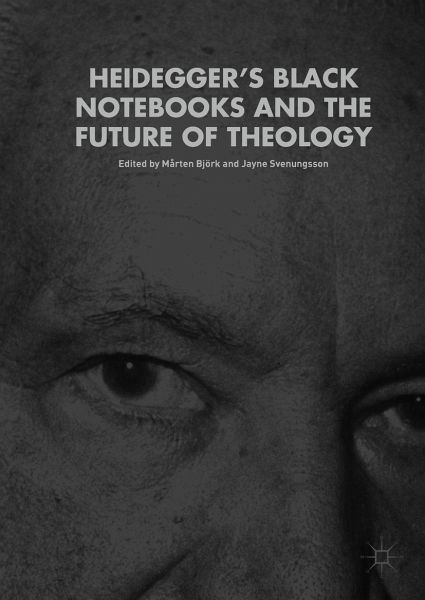
Heidegger's Black Notebooks and the Future of Theology (eBook, PDF)
Versandkostenfrei!
Sofort per Download lieferbar
120,95 €
inkl. MwSt.
Weitere Ausgaben:

PAYBACK Punkte
60 °P sammeln!
Engages extensively with the significance of Heidegger's Notebooks for the understanding of his complex relation to theology Addresses the critical question of how long-standing anti-Jewish and anti-Semitic stereotypes inform Heidegger's philosophy, while highlighting Heidegger's aversion against and stereotyping of Christian theology Critically re-examines the extent to which large parts of modern theology has relied methodologically on Heidegger, and probes the implications of this reliance in light of the Notebooks
Dieser Download kann aus rechtlichen Gründen nur mit Rechnungsadresse in A, B, BG, CY, CZ, D, DK, EW, E, FIN, F, GR, HR, H, IRL, I, LT, L, LR, M, NL, PL, P, R, S, SLO, SK ausgeliefert werden.



